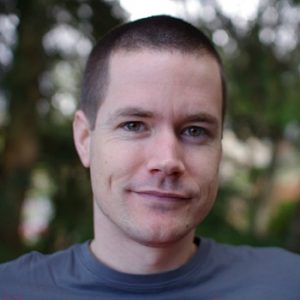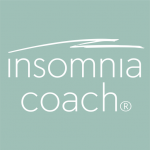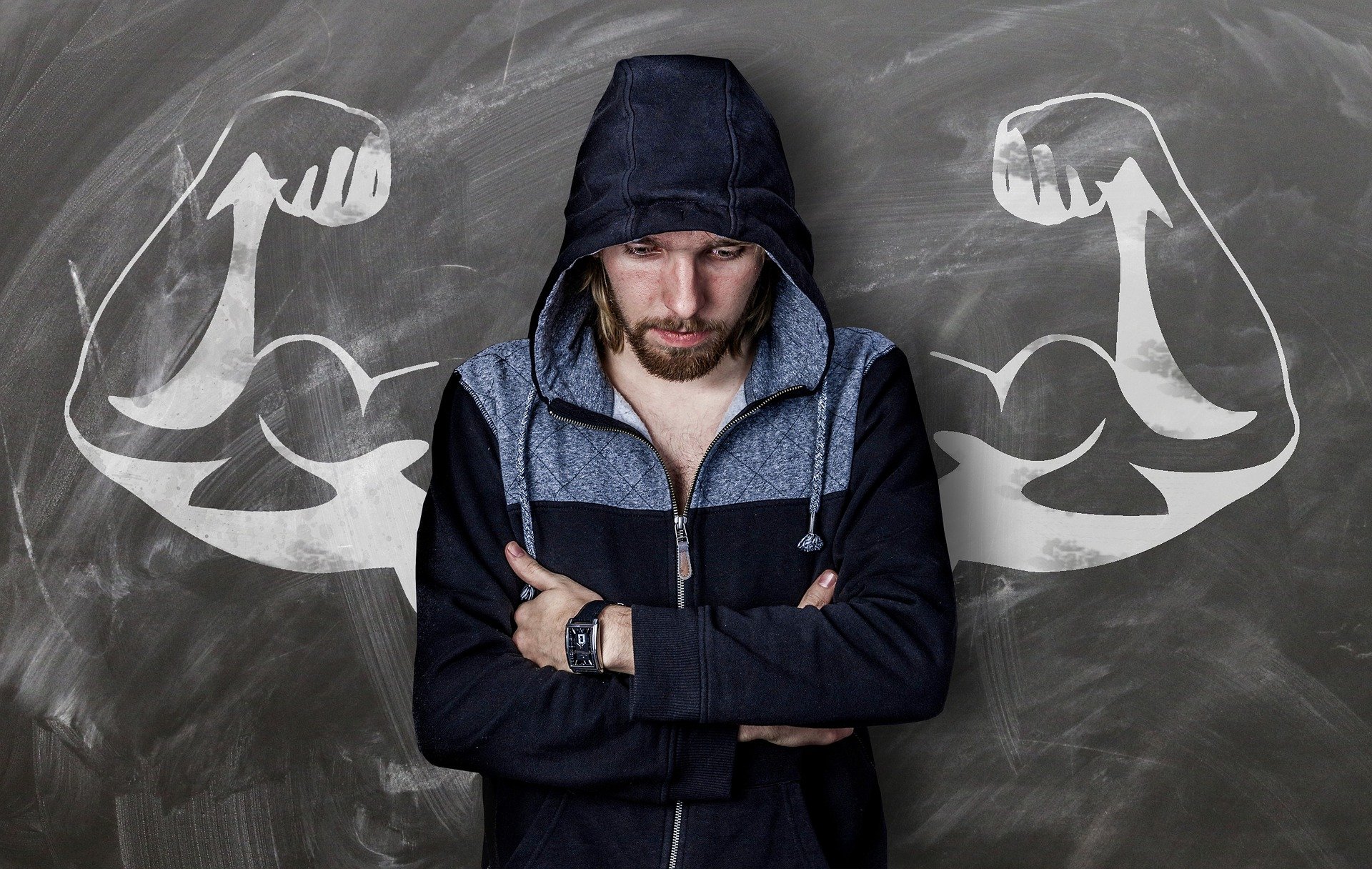The Wellbeing 5 Project
Martin Reed, MEd, CHES®, CCSH
Insomnia Coach
The Physical / Sleep Wellbeing 5
5 Simple Questions to help with sleep wellbeing with answers from Experts, Thought Leaders, Campaigners & Advocates
Martin Reed
Martin is a trained and experienced sleep expert & coach and the creator of “Insomnia Coach.” His own personal journey lead him to research, document and ultimately help him beat his own insomnia. His approach uses mainly cognitive and behavioural techniques to address (and fix) the root causes of most cases of insomnia. Martin’s 8 week course helps people to live a better, more energised and happy life through improving their sleep. He also offers a free course that has so far helped over 5000 people to overcome insomnia.
Martin holds a master’s degree in health and wellness education and studied clinical sleep health through the University of Delaware. He is a Certified Health Education Specialist (CHES®), holds a Certification in Clinical Sleep Health (CCSH) and is also an ACE-certified Health Coach.
Find out more about Martin here

The Physical / Sleep Wellbeing 5 with Martin Reed
1. What is your favourite quote, anecdote, proverb or experience that helps with physical / sleep wellbeing?
Martin: “The worst thing in the world is to try to sleep and not to.” (F. Scott Fitzgerald)
When it comes to sleep, it’s often a case of the more we try the harder it gets! Sleep is probably one of the only things in life that doesn’t respond well to effort — as soon as we actively try to make ourselves fall asleep or try to get a certain amount of sleep, sleep becomes a lot more difficult! So, if you are finding sleep difficult, it can be helpful to abandon all effort to make sleep happen — when you are sleepy enough for sleep, you will sleep!
2. What is your top piece of advice for physical / sleep wellbeing?
Martin: To follow on from my last answer, if you are struggling with sleep it can be helpful to ensure that you only go to bed when you are sleepy enough for sleep! It is so easy to mistake fatigue for sleepiness — unfortunately, fatigue isn’t a sign that we’re ready for sleep so if we go to bed when we are feeling fatigued instead of sleepy, it can be hard to fall asleep. If you are already worried about your ability to sleep, this can lead to more worry and make sleep more difficult. So, it can be really helpful to only go to bed when you are sleepy enough for sleep — and by “sleepy enough for sleep”, I mean you are finding it hard to remain awake!
3. What is the one change in the world that you would like to see? (in the area of physical / sleep wellbeing or in the world in general or both)
Martin: I can’t choose just one, so I’d like to cheat a bit on this one and share three changes I’d like to see!
4. Which resources (books / websites / videos etc) for physical / sleep wellbeing would you recommend?
Martin: Two of my favorites would be:
5. What’s the one thing that always makes you smile?
Martin: Nothing is more rewarding than being able to witness the change in a client who goes from thinking their sleep system is broken and that they are destined to have insomnia forever to someone who doesn’t think about sleep, has full confidence in their ability to sleep, and sleeps well! Client transformations make me smile every single time!
Bonus Question! Is there anything else pertinent that you would like to add to the conversation?
Martin: I would add just one thing — there is always hope for anyone with insomnia! I believe that nobody is beyond help and that nobody needs to live with chronic insomnia. I have worked with clients who struggled with sleep for over 60 years and now sleep well. So, I’d like to end this interview with three simple words that I firmly believe in — you CAN sleep!
Further Exploration - Martin Reed

Website: Insomnia Coach
Martin's website containing many resources to help beat insomnia including his course, blog posts, a podcast, forum and free online course


Videos: Insomnia Coach
Martin's Youtube channel "Insomnia Coach" containing multiple videos on the subject of helping insomnia including "Get rid of chronic insomnia by getting rid of sleep efforts and safety behaviors" & "How insomnia thrives on attention, just like a playground bully"



Podcast: Insomnia Coach
Martin's Insomnia Coach Podcast discussing people's sleep history, the reasons for their sleep disruption and advice on how to take positive steps forward and improve their sleep
Social Media - Follow Martin & Insomnia Coach below
More Physical Wellbeing 5 Interviews Below


More Physical Wellbeing 5 Interviews
With answers from experts, thought leaders, advocates and campaigners to help with physical wellbeing



